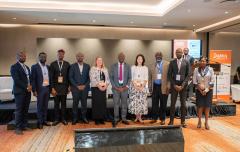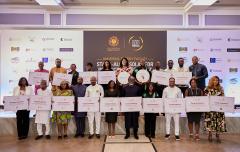Ghana Leads on Sustainable Energy for All
As the first developing country to engage with Sustainable Energy for All, Ghana is developing a national action plan to increase its renewable energy capacity and extend reliable energy access to all of its citizens.



